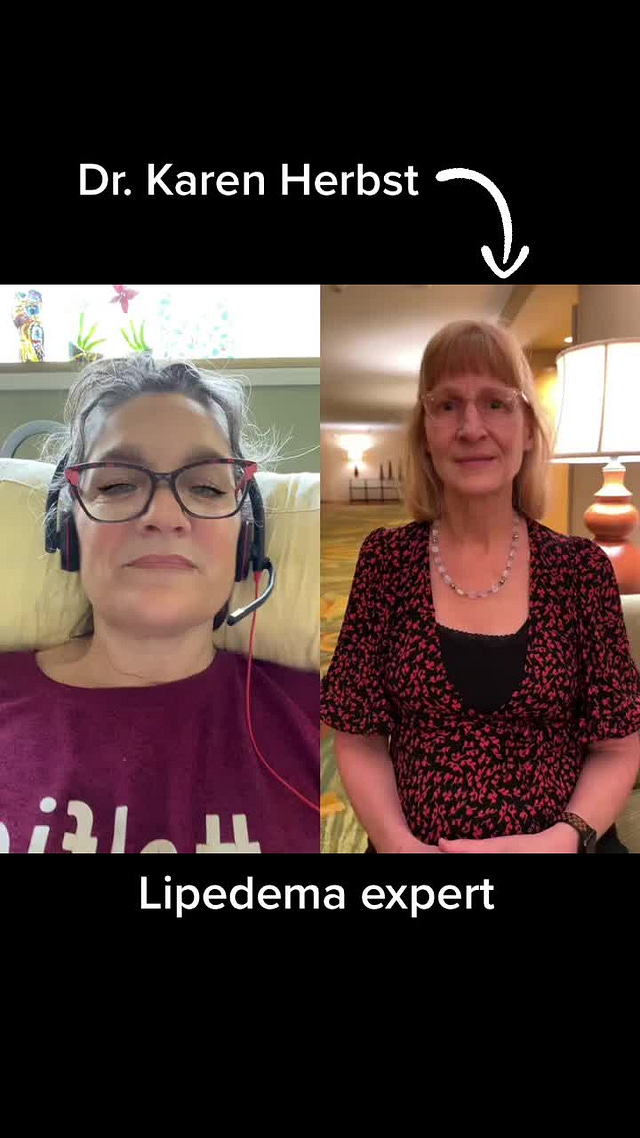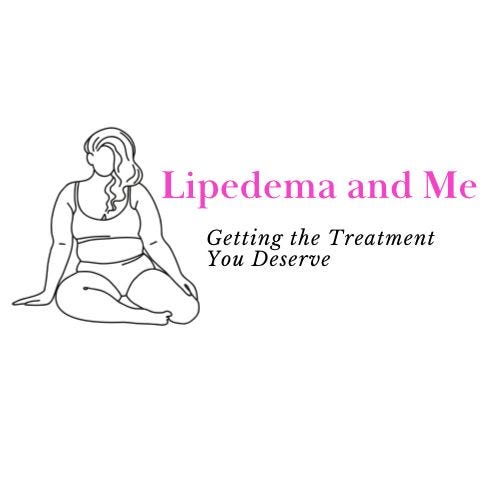Before diagnosis, I hated getting on the scale to weigh myself. As I approached a significant hormonal milestone (menopause), I watched the scale slowly creep up until I was 50 lbs overweight. No matter what diet I tried or how hard I exercised, my weight never dropped. I felt hopeless and out of control over my body.
My scale became my enemy.
Getting on the scale every day is an act of courage for some of us. We are either celebrating our 0.4 lb weight loss or, more likely, shaming ourselves for our increased pounds.
So, why would I suggest getting on the scale every day? This is a hot topic and I may get some pushback on this point, but I DO have valid reasons why you should practice this type of conservative care.
My outlook comes from a medical perspective. If you can shift how you think about weight, then here are three reasons why I recommend weighing yourself daily:
1. Daily weigh-ins are used to manage your conservative care.
I often bounce around on my weight while also staying within a range of give-or-take 5 lbs.
I could never figure out why I’d gain 2.1 lbs in one morning and the next lose 1.3 lbs. Repeat the cycle 500 billion times.
After I was diagnosed with Lipedema, my outlook on diet, exercise, and weight management took on an entirely different view. I realized my bouncing scale needle was showing me something very important; it was measuring additional edema in my limbs for that day.
My increased weight days tell me to give myself some additional TLC with my conservative care. This means running my sequential compression machine a little longer, putting my feet up, and/or wearing the higher mmHg compression hose for that day. When giving myself that extra conservative care, I have a day with less pain and fatigue than not.
If you’re working on either reducing your lipolymphedema or tracking your conservative care, daily weigh-ins are an essential tool. Shift the reason why you’re weighing daily, and you’ll see the benefits.
What would be your reaction to a < or > 1lb weight change?
2. Weighing daily decreases scale anxiety
After being told our entire lives that our bodies aren’t good enough, we tend to shy away from using a tool (scale) that gives us a solid piece of information (weight) confirming we are not living up to our culture’s unrealistic expectations.
What happens when we weigh ourselves inconsistently? We don’t know what number will pop up for us. And that can be a nervous feeling.
While some people won’t weigh every day, I’ve found that weighing daily doesn’t cause me shock and terror. I generally know my weight from the day before, and weight doesn’t change much from one day to the next. Instead, I look at patterns of weight loss/gain. Overall, weight loss/gain patterns will give you better information and help reach your goals. Under the management of a qualified dietician, nutritionist, and physician, this can be a powerful tool!
This practice has deconstructed many negative internal beliefs I’ve held about my body. I’ve noticed my weight will fluctuate from one day to the next, even from hour to hour. I always know that my weight will be 5-7 lbs higher at the doctor’s office than it was that morning at home.
I’ve even started to intuitively read my body and how it feels that morning. And if I feel sluggish, heavy or tired, An increased morning weight validates that feeling.
3. Weighing daily can move you away from body negativity towards body neutrality.
Women’s negative body image comes from different influences, such as family, peers, social pressure, and media. For decades we’ve been told how we should think and believe about our bodies. And typically, the consensus is that we aren’t satisfied or happy.
Body positivity then came along. I, of course, recommend women feel good being in their skin.
In my point of view, body neutrality is a more objective way of looking at myself. I try to take away the internal positive or negative emotions about my body. It isn’t easy! I really work on seeing this body as a vessel, and just like any other living entity, my body needs care. This is especially important: 1) as my body ages, and 2) for accepting how my body responds to my medical condition.
I stopped (mostly) shaming and blaming myself. Instead, I looked at the scale as a tracking tool for my conservative care rather than using it to torture myself every day.
I’m not saying it’s perfect. However, I rely less on “oh I’m so fat” and more on “I need to give a little extra to my body today”.
I’m heading down to Arizona within the next couple of months, and I have a lunch date with Dr. Karen Herbst! I’m hoping to pick her brain about diagnosis. More specifically, I want to know what important factors women should look at for self-diagnosis and if she knows about any helpful resources for finding a diagnosing clinician in the United States.
If you have anything you’d like to know about diagnosis, comment below! I will do my best to ask questions in the time I have with her.
Take Care!
Michelle







